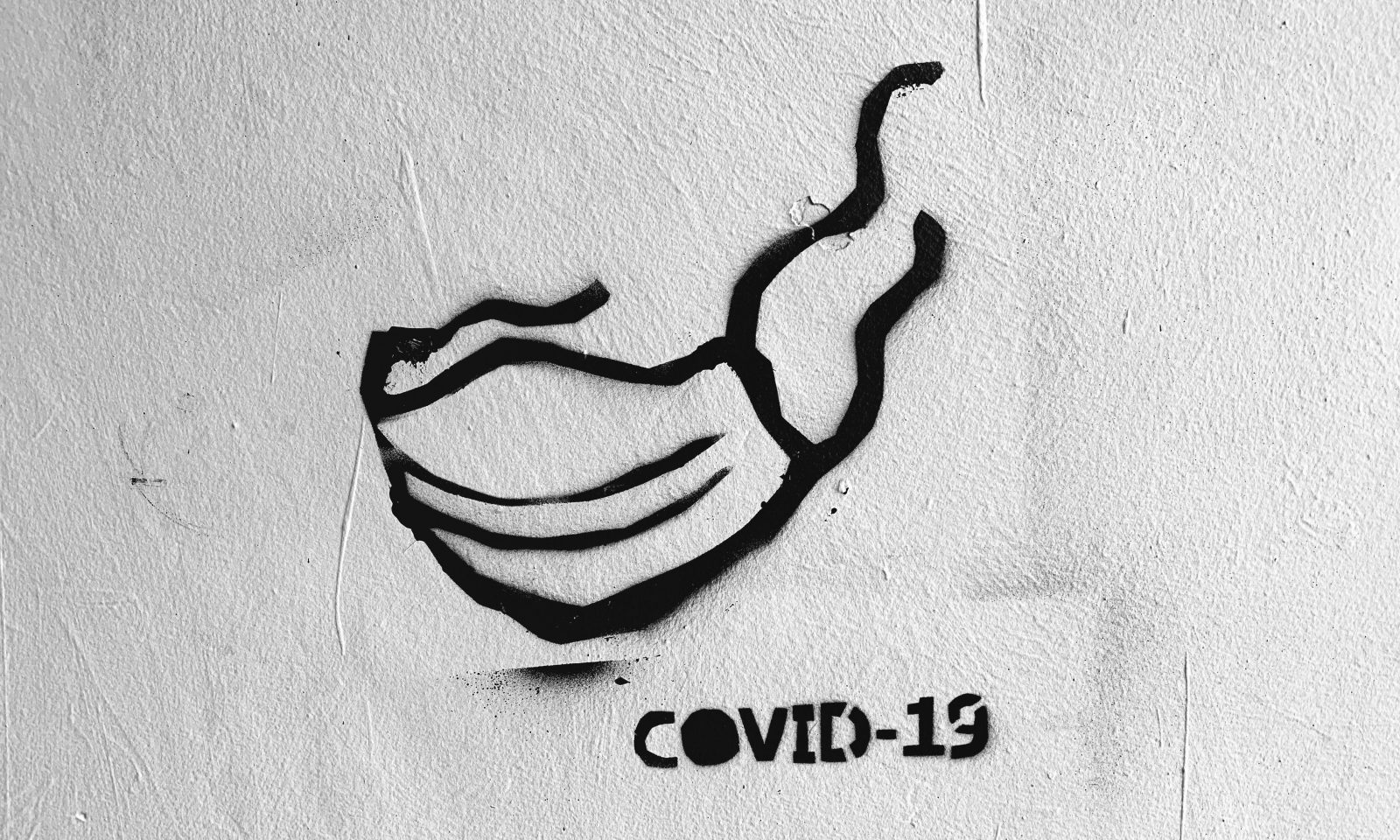Waiver of intellectual property rights due to COVID-19
In March, 2021, more than 250 organizations from all around the world, including the IPI, called on all WTO members to waive certain provisions of the Agreement on Trade-Related Aspects of Intellectual Property Rights (TRIPS), including copyright provisions, to more effectively prevent, contain and treat COVID-19. Calls for the suspension of certain TRIPS provisions due to COVID-19 have been successful. The US was the first to take an important step. When will the EU act properly?
The Statement on Copyright and Proposal of a Waiver from Certain Provisions of the Trade- Related Aspects of Intellectual Property Rights (TRIPS) Agreement for the Prevention, Containment and Treatment of COVID-19 calls for the waiver of certain provisions of TRIPS, to ensure that governments can issue orders, accept interpretations of their legislation, and amend and otherwise overcome copyright barriers to access the knowledge needed to tackle a pandemic.
The Statement called for urgent action to clarify that all copyright and related rights agreements must be interpreted and implemented in a way that respects human rights during a pandemic and other emergencies, and that governments should be allowed to protect and promote vital public interests during health or other emergencies and that they should be able to appropriately extend appropriate restrictions and exemptions to the digital environment during health or other emergencies.
The US has already responded positively. Katherine Tai, a representative for the U.S. Trade Representative’s Office, made a statement, announcing the Biden-Harris administration’s support for the waiver of intellectual property protection for COVID-19 vaccines. This is a great step in the right direction, towards greater solidarity in removing barriers to the prevention, restriction and treatment of COVID-19. At this point, however, it remains unclear whether the US government also had in mind the waiver of copyright protection, or simply the waiver of the protection of industrial property rights. The European Union should also follow this important step.
The Grand Board of the European Union Intellectual Property Office (EUIPO) finally ruled that the figurative sign ‘COVIDIOT’ cannot be registered as an EU trademark.
The 4th Open Knowledge Day took place on Tuesday 17 October 2023, with an accompanying workshop on 18 October 2023. This year it was organised by the Open Data and Intellectual Property Institute (ODIPI) and supported by Knowledge Rights 21 (KR21).
We invite you to the fourth Open Knowledge Day and the workshop, which will take place this year within the framework of the programme and with the support of Knowledge Rights 21. The event will bring together experts from different European countries to discuss two topics: the first part will deal with the legal basis for data analytics, which is a key part of machine learning and related artificial intelligence, and the general exception for research. In the second part, open science in theory and practice will be presented both in Slovenia and in some Western Balkan countries. Representatives of research and educational institutions from Slovenia and the Western Balkan countries, as well as interested members of the public, are invited to attend.
Dr. Maja Bogataj Jančič, a renowned expert in copyright law, has joined the Berkman Klein Center for Internet & Society at Harvard University, where she will serve as an affiliate researcher for the next two years.





